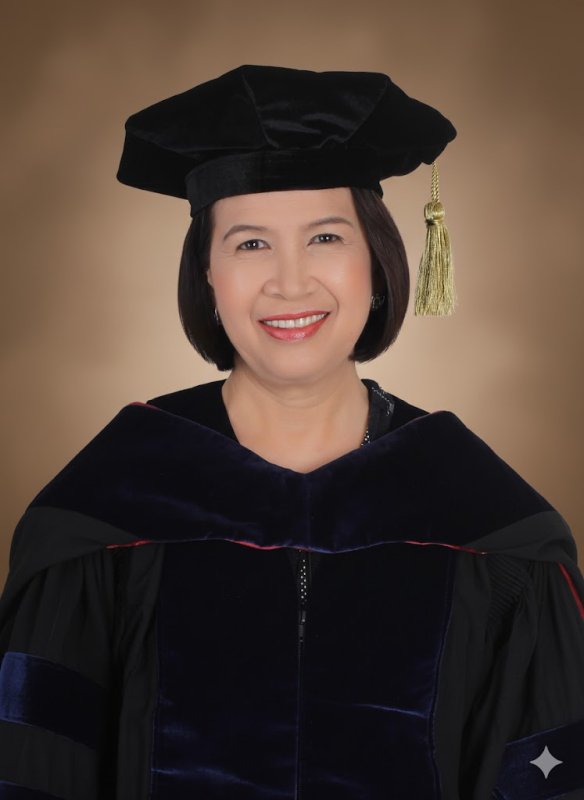- Resource Types
- Resource Languages
- Institutional Repository
About Site Language
WHDL is viewable in multiple languages. Use the pull-down menu to select a language to view the site.
I changed my language, but I’m still seeing resources in the other languages?
If a resource or text has not been translated into your selected language, it will appear in the initially added language. We are always looking for help translating these resources. If you can help, contact us!
WHDL - 00011779


click to copy
Ramos-Pajaron, E (2019). A mixed-methods Filipino parenting education project towards evidence-based practice .
Ramos-Pajaron, EvelynA mixed-methods Filipino parenting education project towards evidence-based practice . , 2019
Ramos-Pajaron, EvelynA mixed-methods Filipino parenting education project towards evidence-based practice . , 2019
Ramos-Pajaron, EvelynA mixed-methods Filipino parenting education project towards evidence-based practice . , 2019
Parental beliefs and practices have influence and deep impact on children's identity, development and outcomes. In view of this, parent education programs have become significant endeavors in developed countries to intervene and support families, especially those at risk. These parenting programs have become evidence-based with repeated randomized controlled studies that showed effectiveness. Parenting realities in the country and the absence of evidence-based parenting programs to date show the necessity and importance of a Filipino parenting education program that meet standards to show effectiveness. This mixed-methods study employing randomized controlled trial (RCT) and quasi-experimental research (nonRCT) examined the effectiveness of a parenting curriculum named P4S (pronounced Pforce, Pagsasanay sa Pagiging-magulang tungo sa Pinagpalang Pamilya) in bringing about transformation in perspectives and practice of parents in two public schools in Quezon City, Philippines. The P4S curriculum was developed after a literature review of (a) research made from year 2000 onwards on Filipino parenting studies to identify needs and issues; (b) biblical and theological perspectives on these identified needs and issues; and (c) lessons learned from effective evidence-based parenting programs. Using the transformative learning framework, the research-based curriculum had a pilot study in two public schools. The RCT results of the experimental group (NE = 56, where only 38 attended P4S) indicated improvement from pre- to posttest in terms of parental consistency, coercive parenting, positive encouragement, parental teamwork, and religious well-being but the change was not significant enough. There was only significant improvement in terms of parental adjustment and family relationships. The nonRCT results (ne = 52), which included all program attenders, rejected the null hypothesis on all the variables except for RWB. When both RCT and nonRCT groups were combined (N = 108), thereby increasing the samples of those who actually went through the parenting program, significant effect was evident on the variables that were targeted. Increasing sample size showed evidence of significant effects on the variables being studied except for the RWB. One possible explanation for the RWB results could be the innate religiosity and spirituality of Filipinos. The questions regarding belief in God's love and care and relationship with God are accepted beliefs common among Filipinos, thereby registering high scores already even at pretest and not much change at posttest. The qualitative data where 82.1% of the program's attendance in the RCT classes (N = 32) were included in the interviews and triangulated by the children's FGD (n = 26) showed effectiveness of the intervention. Parents shared the following changes: (1) talking calmly (90.6%) with their children; (2) refraining from spanking and saying curses (65.6%) and practicing self-control and patience (56.3%); (3) spending time to play (43.8%) and bond with their children (40.6%); (4) giving more praise (68.8%) and rewards (25%); and (6) indicating a deepening trust in God and specifically saying that Christ should be at the center of all they do (71.9%). As participants shared with their family the P4S lessons and applied them in their lives, more cooperation and partnership between spouses were taking place (65.6%). The family members felt happier (81.2%), were showing more affection to each other (71.3%), communicating more (53.12%), and they felt closer as a family (43.8%). Key recommendations included: A follow-up study on changing the Religious Well-being (RWB) instrument to suit the specific changes P4S program is trying to address; a quasi-experimental study of the P4S program in a barangay composed of informal settlers to see if community transformation is possible; and a multiple case study on best practices in biblical parenting among selected pastors’ families.
Copyright statement is available in the library.
11 Resources
This collection contains the dissertations completed in partial fulfillment of the Degree PhD in Holistic Child Development, and PhD in Transformational Learning at Asia-Pacific Nazarene Theological Seminary in partnership with Asia Graduate School of Theology.
34 Resources
This collection contains the dissertations of our graduates that fulfilled the degree of Doctor of Philosophy in Holistic Child Development at Asia-Pacific Nazarene Theological Seminary. The program is designed for those preparing to be equipped in leadership, teachers of children, practitioners, and pastors, so that they will have the gifts, skills, and capacity to care holistically for children inside and outside the church.
2023
2024
2016
2022
2025
2021
2025
2018
2018
2021
2022
2018
2020
2021
2022
2014
2025
2023
2023